A down payment is a percentage of the home’s purchase price that you pay upfront. In other words, the down payment is the part of what you pay to buy a house that is not included in your loan amount; instead, you owe it at the time of the purchase. The amount that you’ll need to pay is determined by the type of loan you take out and the lender you borrow from. The down payment for a home is usually at least 10% of the total purchase price. If you pay less than 20%, you’ll likely be required to buy private mortgage insurance (PMI). PMI protects the mortgage lender in case you become unable to make your payments.
Each buyer’s circumstances are different. Let a North Shore Bank Mortgage Professional help you through the mortgage process and get you in the home of your dreams. Call us or schedule your appointment online today.
If saving up to at least 10% doesn’t feel possible, there are many other programs available that allow for less down payment with some as low as 3% down fully gifted and Department of Veterans Affairs (VA) programs that allow for $0 down to qualified borrowers. Your North Shore Bank Mortgage Professional can help you identify special programs that you may qualify for. You can also do some research online to find a program that may suit your situation.
Whether you're buying your first home, moving to accommodate your growing family, or building the home of your dreams, talk with a North Shore Bank Mortgage Professional to make your journey toward homeownership the best it can be.
Getting the Funds
Getting your hands on 20% or even 10% of your total mortgage is challenging. Start by reevaluating your budget. Make a specific goal to save for your down payment. Adjust your budget to trim excess spending and dedicate those funds toward your goal instead.
North Shore Bank can help with strategies to save for your mortgage downpayment. Call or schedule an appointment at your nearby office.
Investments and high-interest savings accounts can make it easier to get the money but, of course, these options come with different levels of risk and possible reward. If you choose to invest, timing is a major consideration. The sooner you plan to buy, the fewer risks you’ll likely want to take. But a less risky, price-stable investment is also less likely to provide large earnings. One technique is to split up the money you’re accumulating. You can put part of your money in more risky mutual funds and stocks to try to earn more. The rest you can keep in more conservative interest-bearing investments, such as money market accounts or certificates of deposit (CDs) or US Treasury bills, where you don’t risk losing your investment. You’ll want to be careful to ensure that you set these options to mature around when you plan to buy, otherwise you may lose out on the interest you earned.
Family Gifts
If family members are willing to help you, they may be able to give you a gift that you can put toward your down payment. We encourage you to check with your tax advisor as there may be tax implications. If you are using gifted funds for your down payment, please be sure to mention it to your North Shore Bank mortgage professional as there are specific relationships that are accepted sources for the gift.
North Shore Bank expressly disclaims any liability arising from the use or misuse of these materials and, by visiting this site, you agree to release North Shore Bank from any such liability.
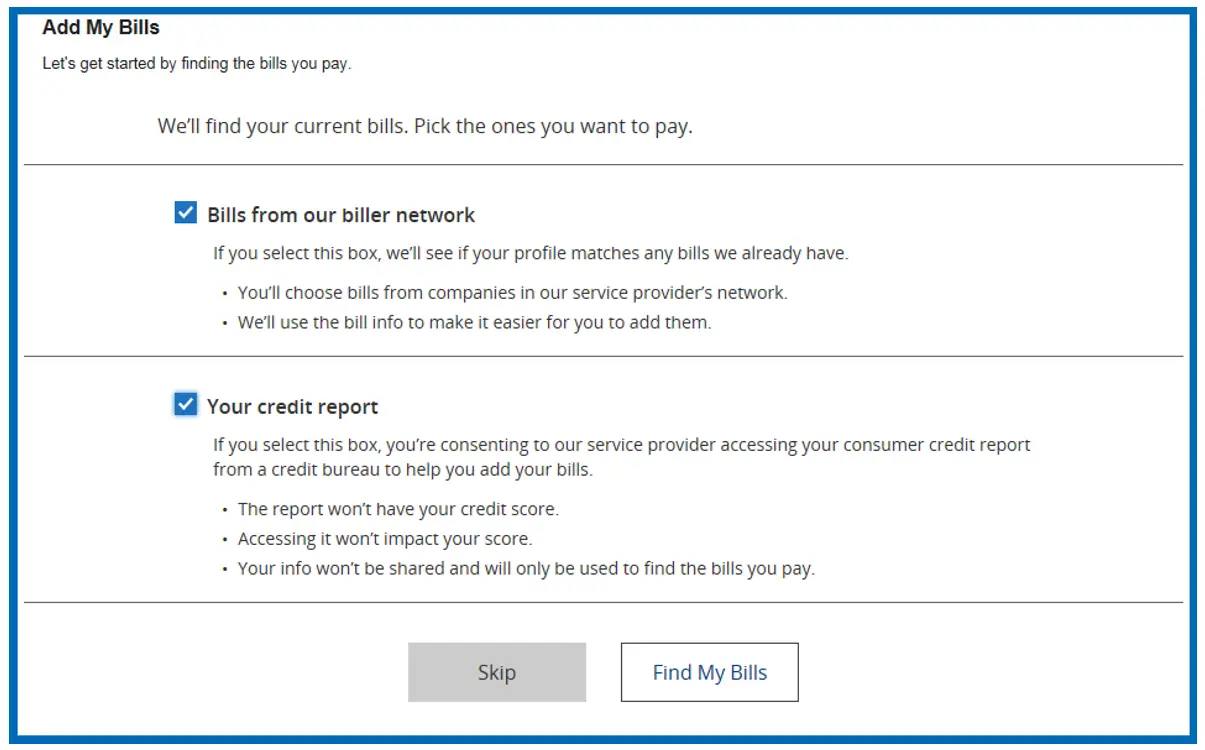
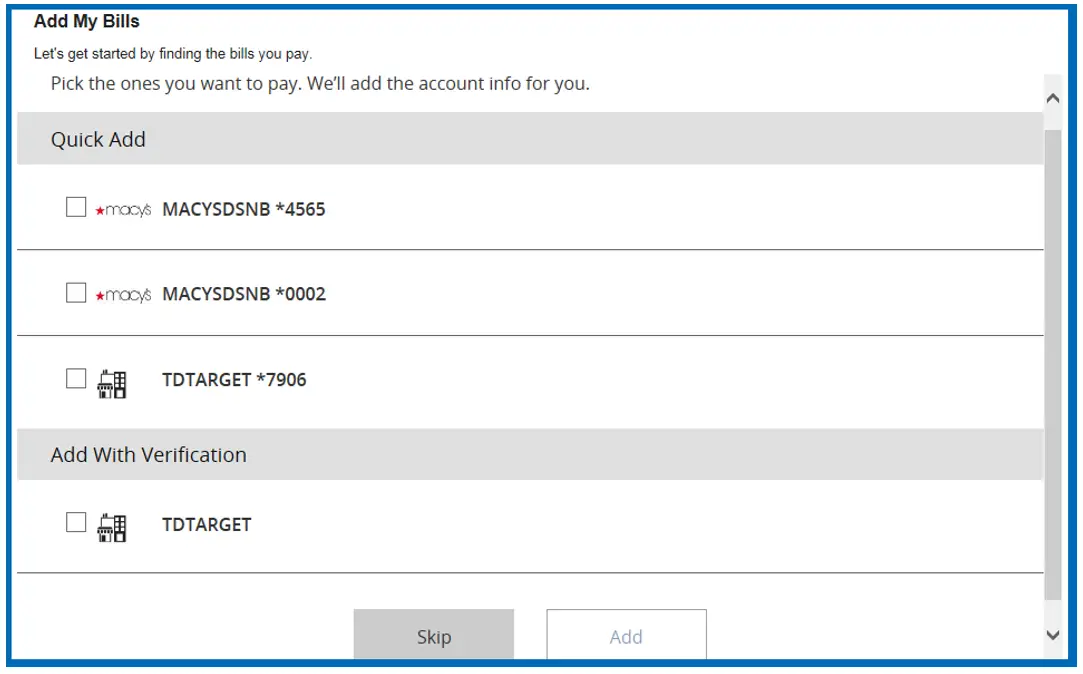
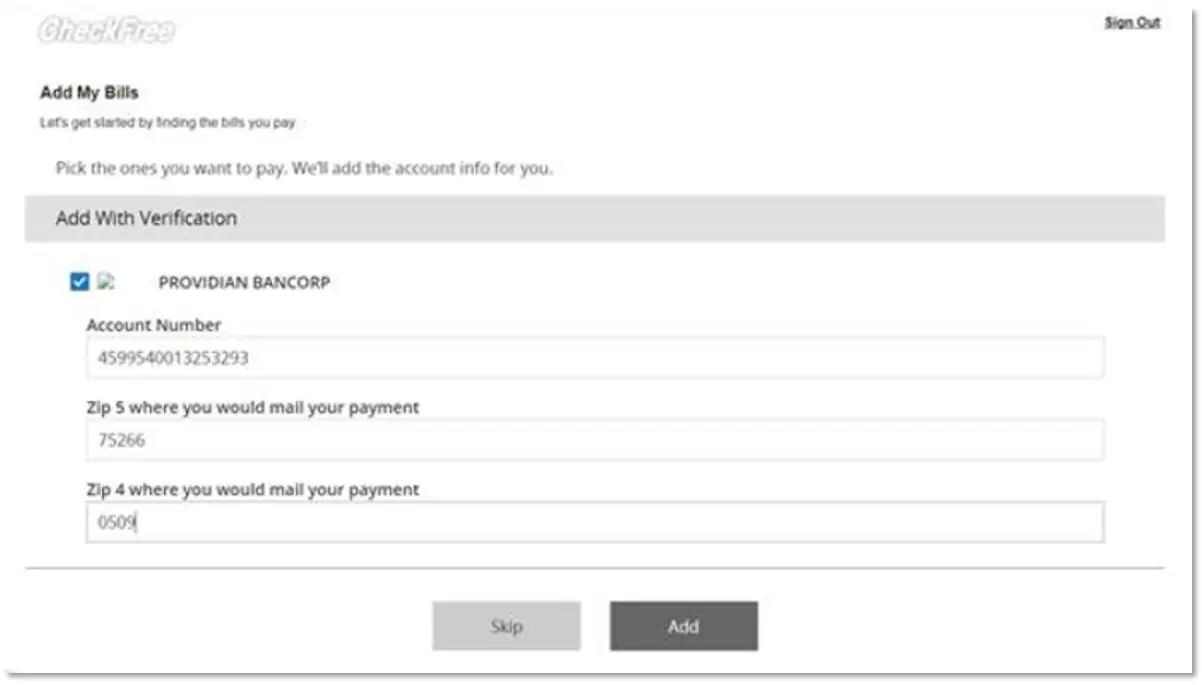
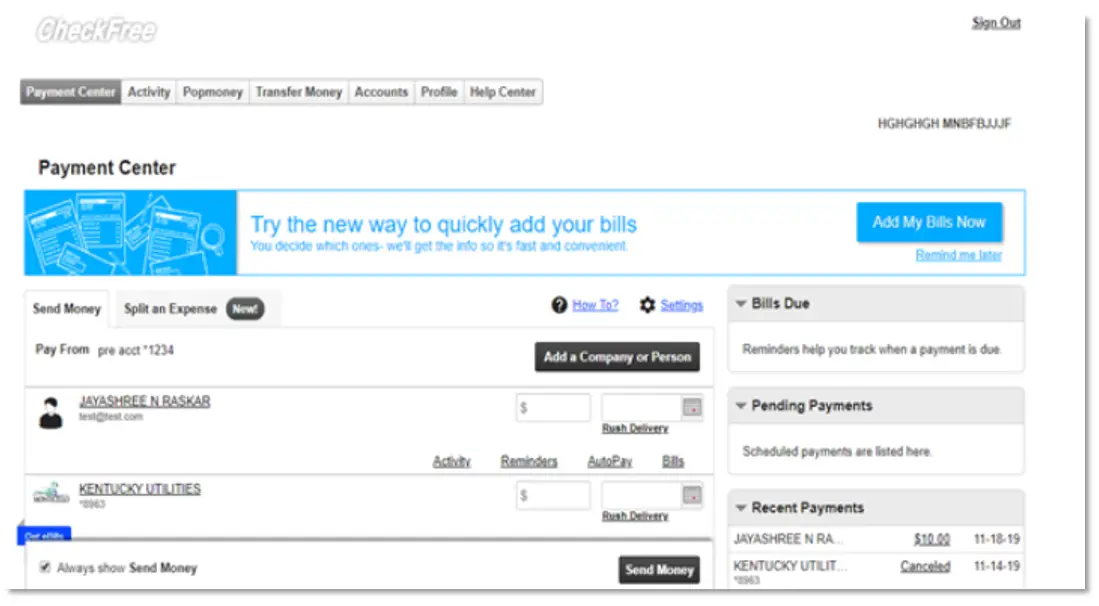
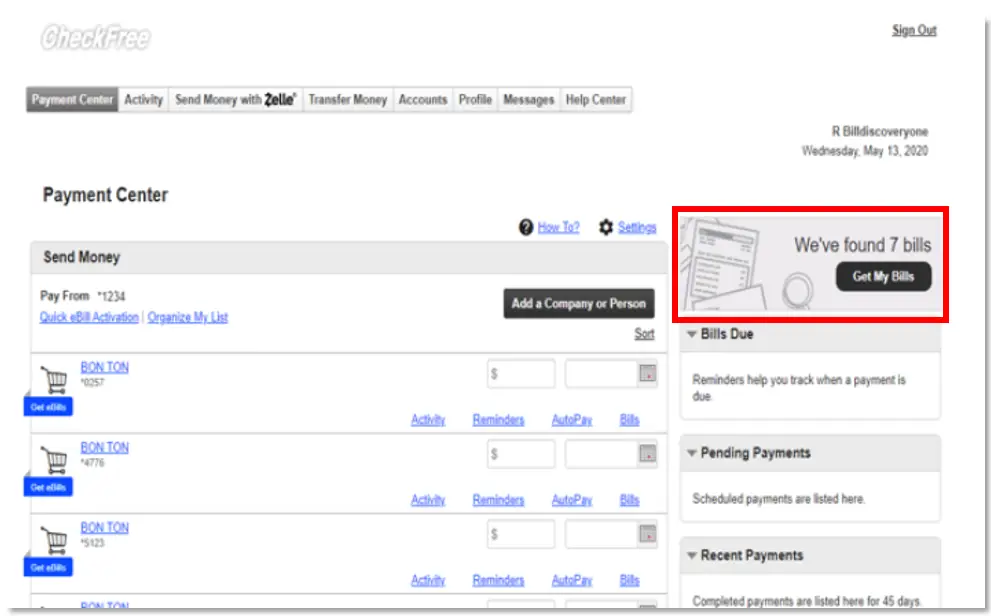
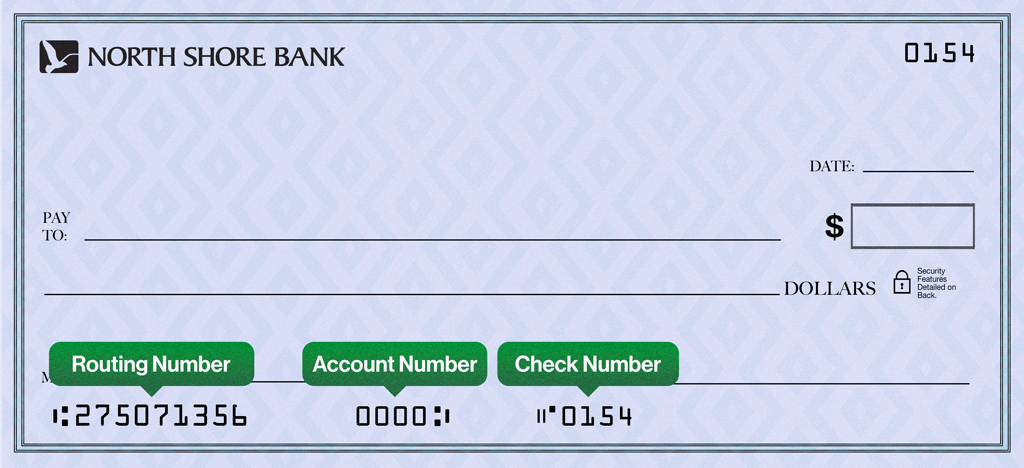 When opening an account online, your initial deposit must be done by transferring money from your current bank account or by debit or credit card.
When opening an account online, your initial deposit must be done by transferring money from your current bank account or by debit or credit card. Click on the three vertical dots alongside the blue “Pay” button
Click on the three vertical dots alongside the blue “Pay” button